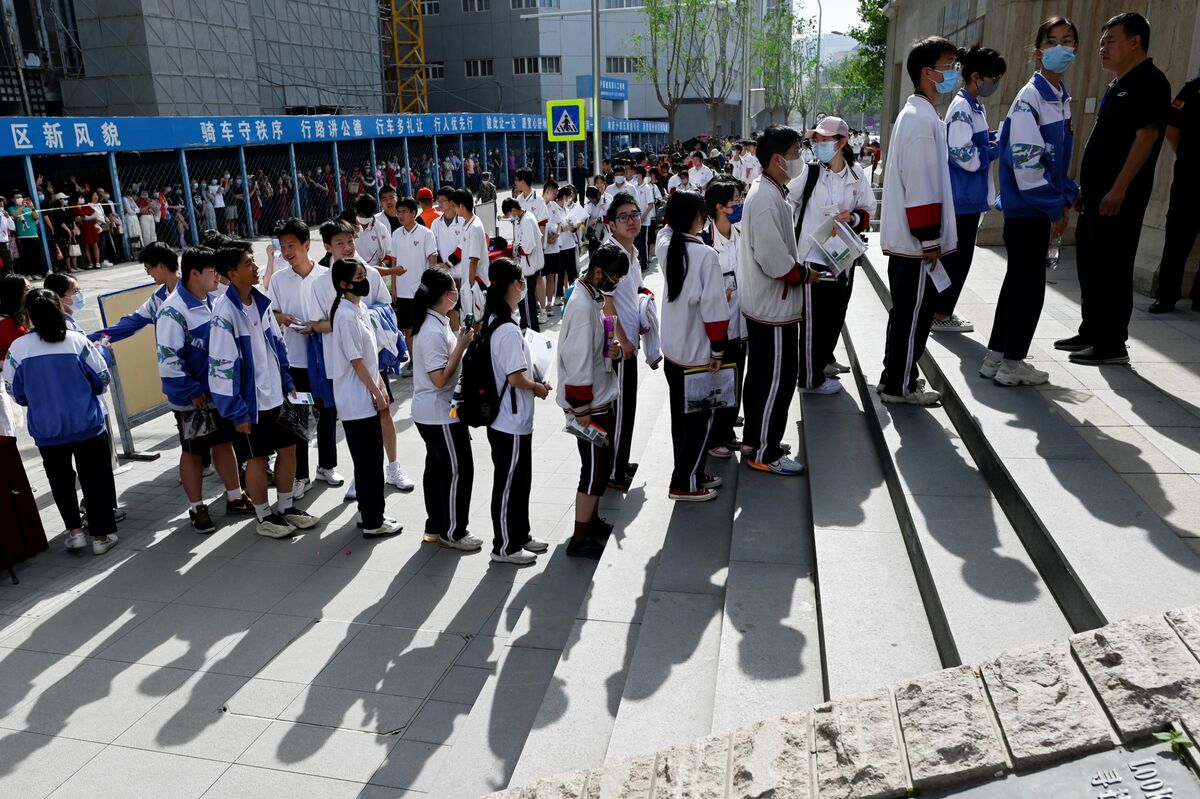
Students line up to prepare for college entrance exams in Beijing, China, in June.
In July 2021, the Chinese government launched a strong campaign to prevent private tutoring, banning teachers and tutors from opening classes to teach subjects according to the school curriculum for profit.
The campaign aims to reduce the burden on families, from exhausted students to parents paying for private tutoring; and to stamp out the profiteering that has led to the creation of an estimated $100 billion online education market in the country.
Known as the “Double Reduction,” the campaign has pushed several tutoring companies into bankruptcy.
However, when contacting a few parents in big cities like Shanghai and Shenzhen, Bloomberg News discovered that the cost of tutoring for children is still increasing sharply for many families, especially during the summer months.
To help their children get higher scores than their friends and have a chance to get into prestigious universities, many Chinese parents actively seek out illegal tutoring services, which are springing up like mushrooms across the country.
"The burden we have to bear is still there," Bloomberg quoted Sarah Wang, a 40-year-old mother who works for an e-commerce company in Shanghai, as saying today, July 21.
The amount of money Ms. Wang has to pay to hire a tutor for her child has increased by more than 50% compared to the time before the "Double Reduction" policy, while her child is only in 5th grade. After her child moves to another grade, she calculates that the tuition fee will increase from the current 300-400 yuan/session (1 to 1.3 million VND).
Bloomberg estimates that the cost of private tutoring per student can now easily exceed 100,000 yuan per year (more than 330 million VND) in big cities like Shanghai.
Middle-class parents in other Chinese cities have shared similar experiences. Many tutors who previously taught at large centers have switched to small groups or one-on-one tutoring to avoid detection by authorities.
The cost of small group or one-on-one tutoring is therefore higher, but Chinese parents still pay for their children to take extra lessons.
Source link







![[Photo] General Secretary To Lam attends the 80th Anniversary of the Cultural Sector's Traditional Day](https://vstatic.vietnam.vn/vietnam/resource/IMAGE/2025/8/23/7a88e6b58502490aa153adf8f0eec2b2)
![[Photo] Prime Minister Pham Minh Chinh chairs the meeting of the Government Party Committee Standing Committee](https://vstatic.vietnam.vn/vietnam/resource/IMAGE/2025/8/23/8e94aa3d26424d1ab1528c3e4bbacc45)


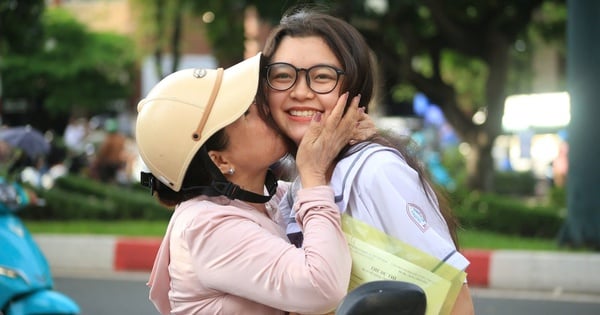

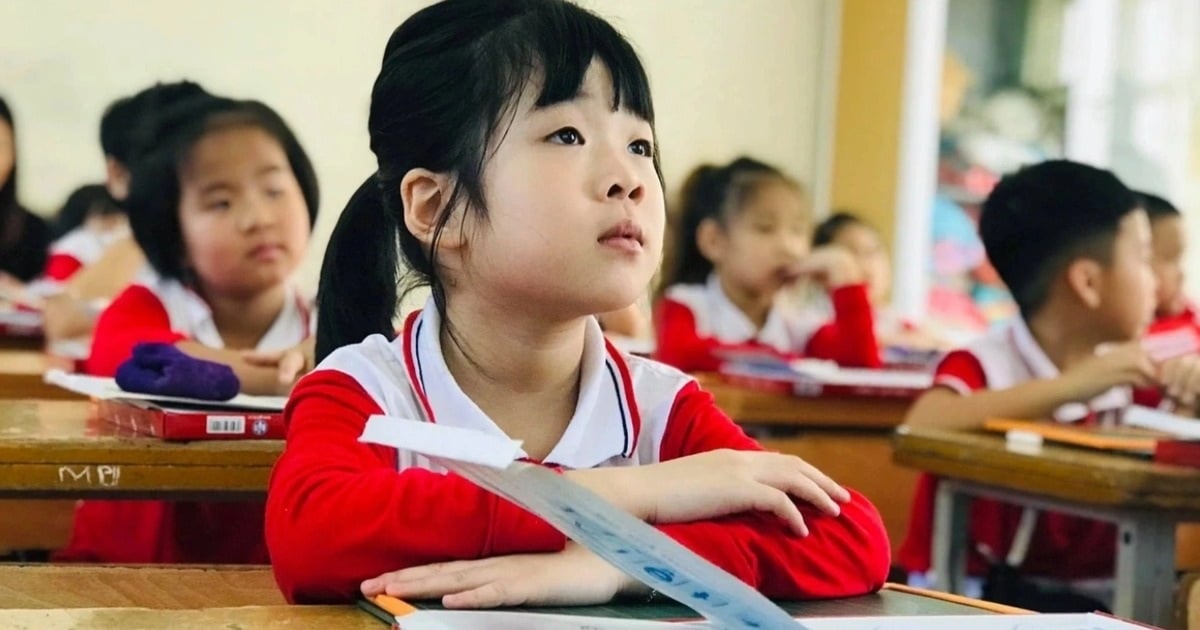

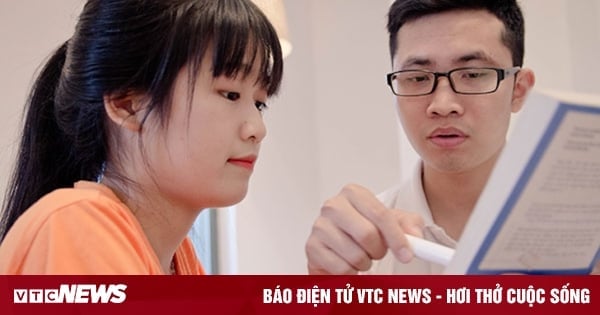


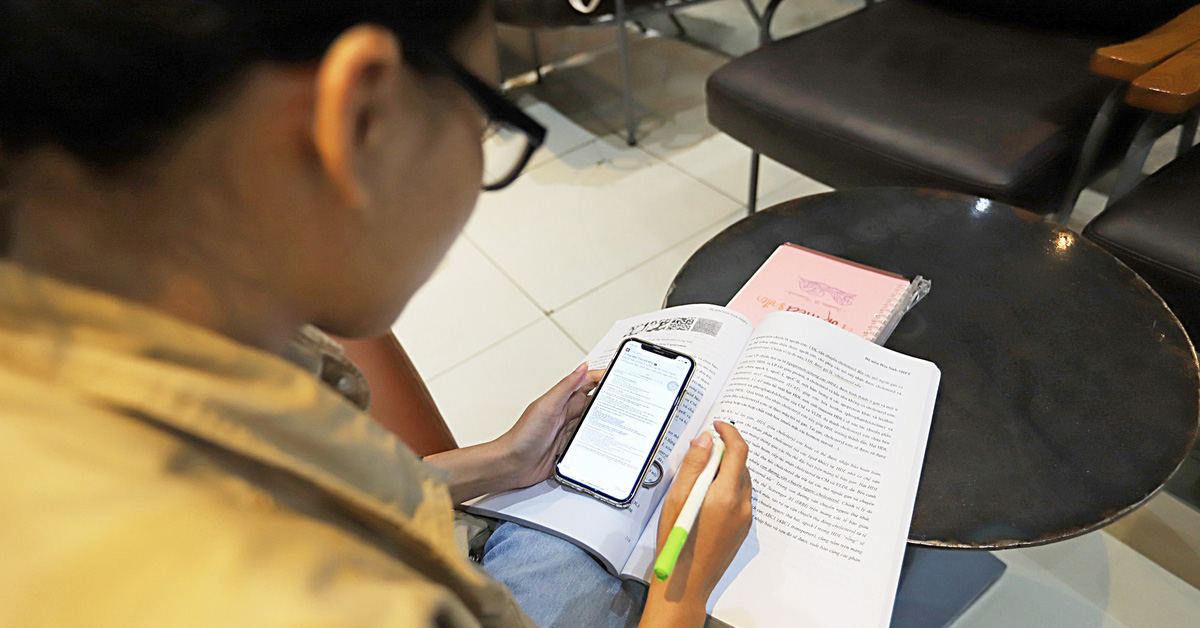



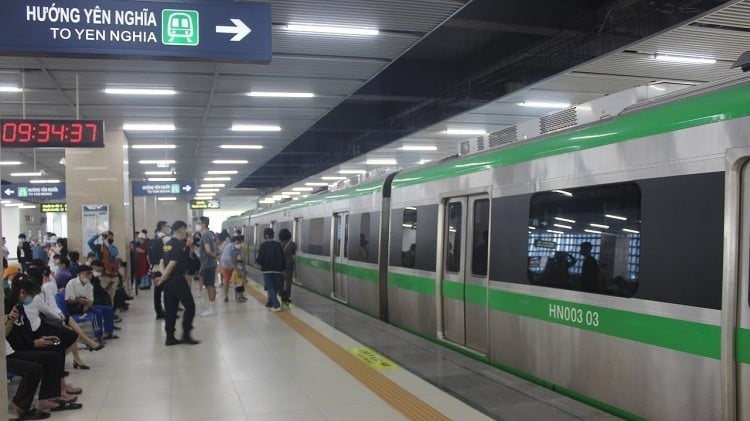

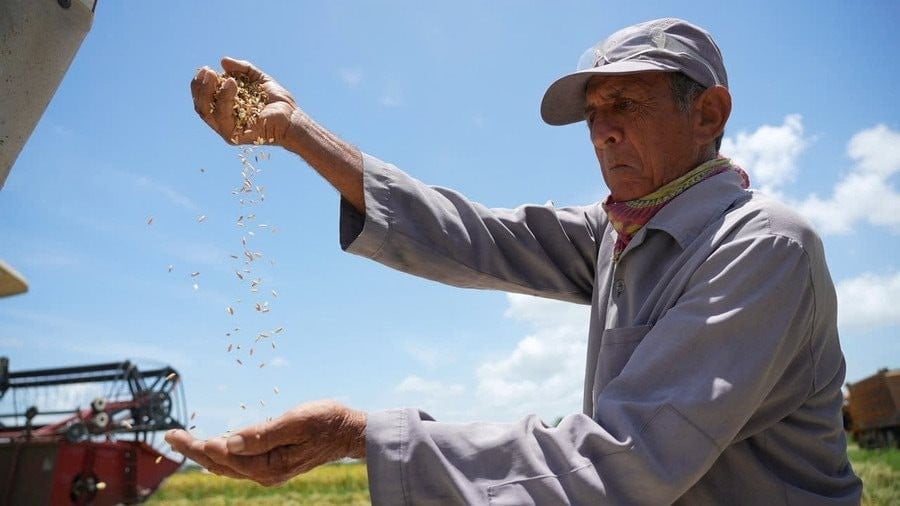
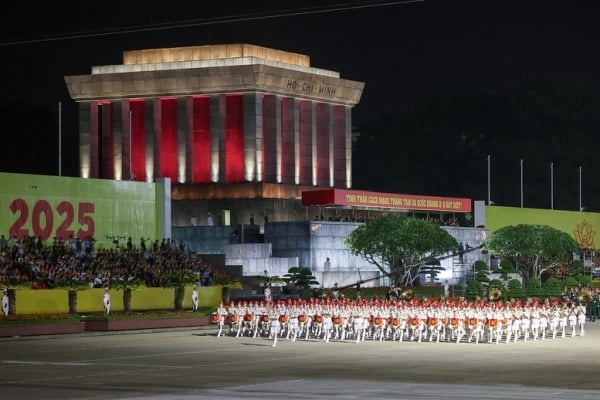





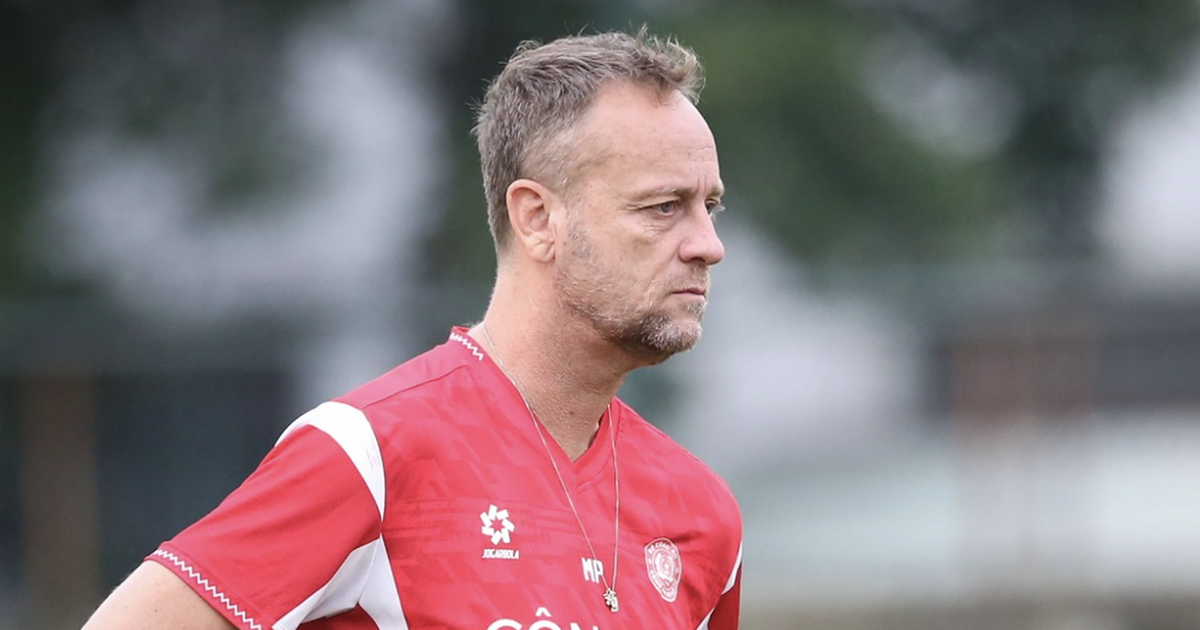
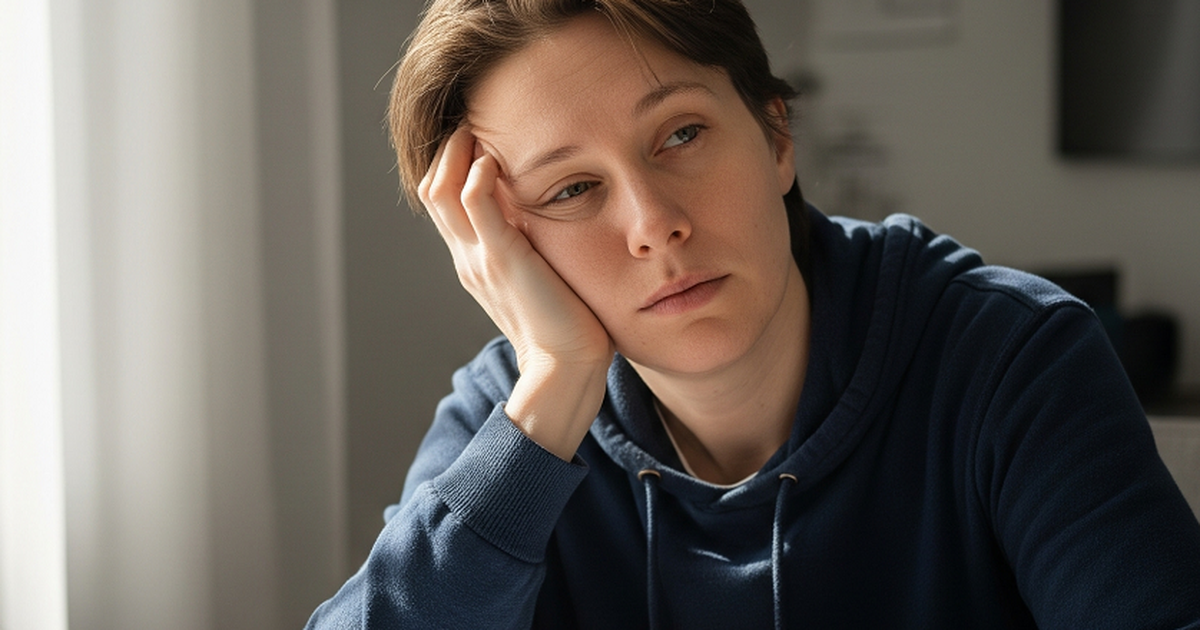

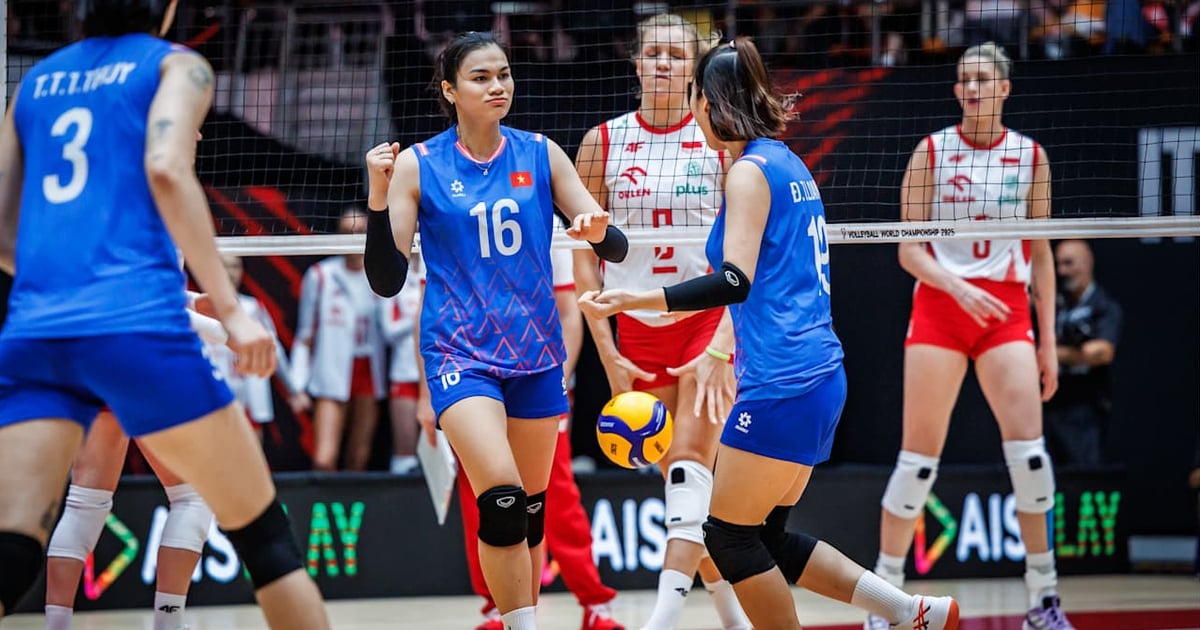










































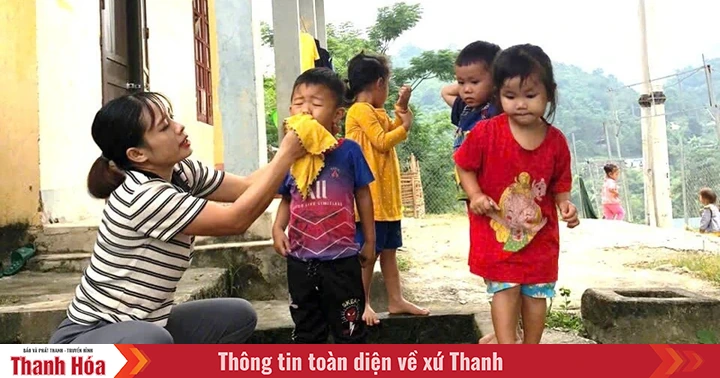




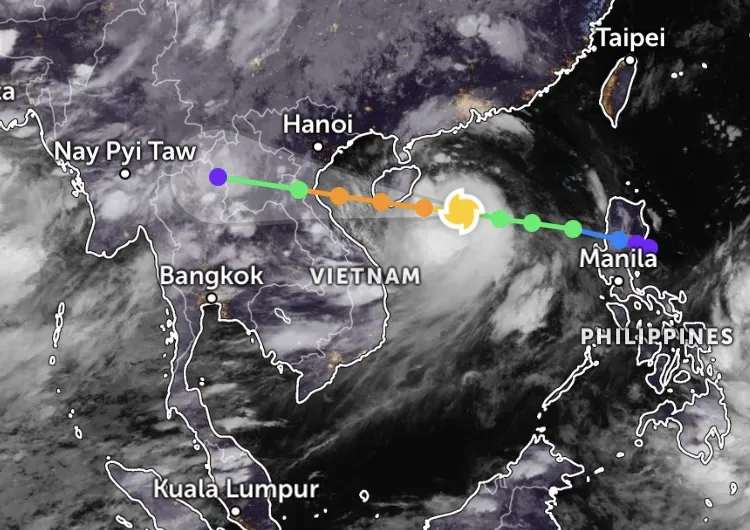
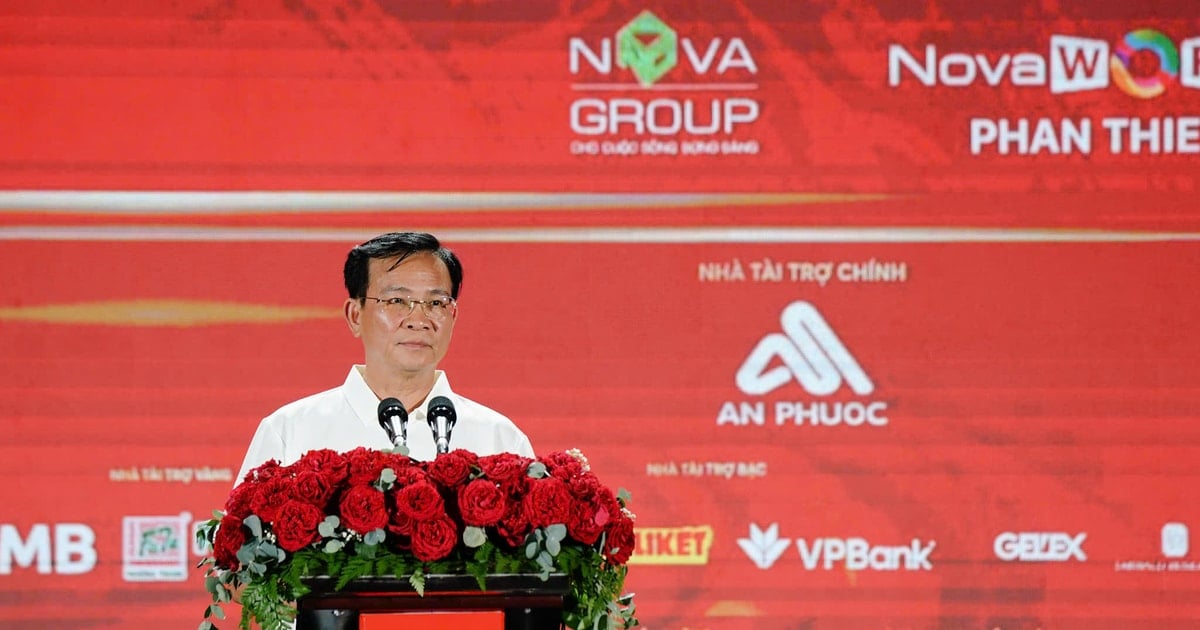

















Comment (0)